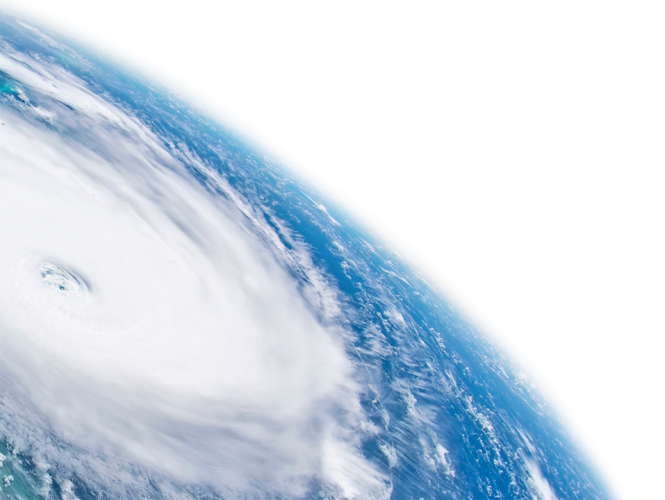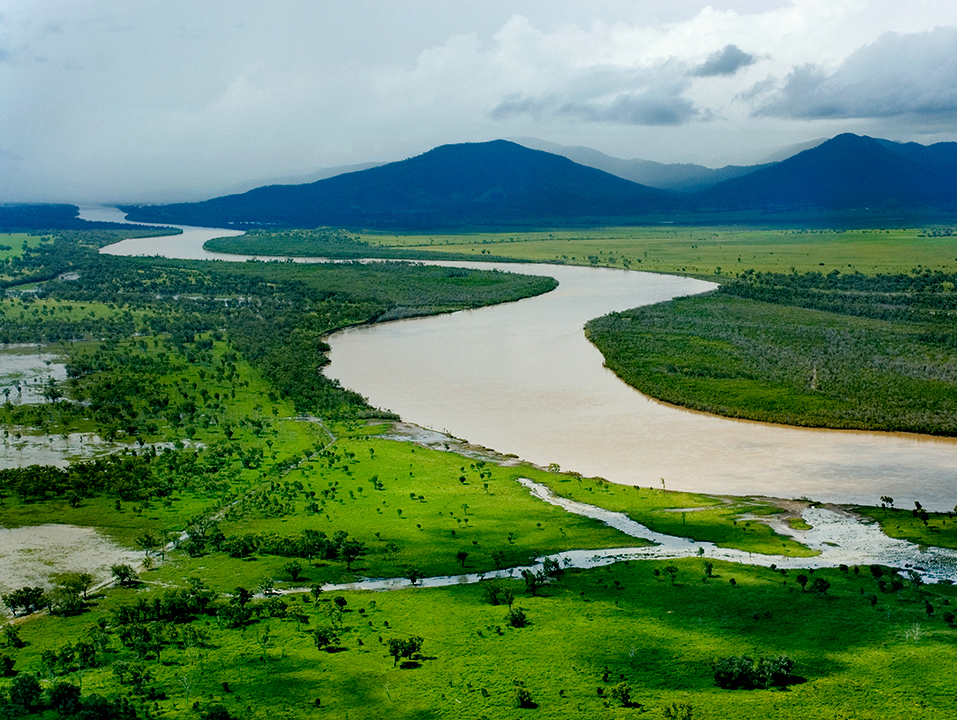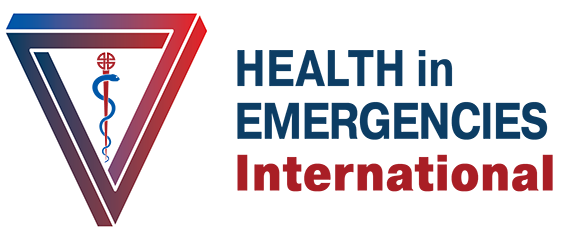
About Us
Health in Emergencies International is a pioneer and leader in the design and innovation of health system responses to emergencies and disaster events. We design cost-effective ways to improve the effectiveness and impact of health interventions delivered to communities whose lives are threatened from emergency and disaster events.
We provide a comprehensive suite of services and tools to critically examine, support and improve healthcare planning, preparedness, and response to any emergency, catastrophe, natural hazard disaster and climate change event in any country and every local context.
As emergency and disaster events rise exponentially in all countries, every public health and healthcare system must accelerate improvements to access, capacity, and quality of healthcare provided to affected communities before, during and after emergency and disaster events.1
Our Values
Independent
Health in Emergencies International follow strict governance independence. We are not incorporated or aligned to any organisation, government, or multi-lateral agency and our approach not bound to a single philosophy, worldview, or policy position. We create open, flexible, and engaging processes to recognise and respect local customs and build trust. We aim to strengthen relationships between all organisations providing healthcare to communities at every opportunity.
Innovative
Health in Emergencies International promote innovation within service systems to improve access, equity, and the quality of healthcare for all people. We encourage and discover innovation within local service delivery processes and practice that significantly improves efficiency, effectiveness, and reach without strain on preexisting resources.
Scientific rigor
We use an objective and meticulous process to design, analyse, report bias and confounding and the document processes, results, and recommendations. We are committed to enabling the replication of any methodology and method to ensure reproducibility of results. Equally important, we are committed to sharing contemporary scientific peer review of improvements in process, policy and practice in our analysis, review, and recommendations.
Design for local service applications
Every emergency and disaster event is unique and adversely affects the health of people and communities in many different ways. Our process frames each situation within a comprehensive context analysis, including internal and external factors. This ensures barriers, challenges and factors effecting emergency health responses are identified and corresponding mitigating interventions are developed to optimise health service responses for the most vulnerable people.

Our Approach
Health in Emergencies International prioritise collaboration with stakeholders to co-create high impact, cost-efficient improvements to healthcare responses to any emergency, disaster or climate change event that risk people’s health.
We provide a comprehensive suite of services and tools to critically examine, support and improve healthcare planning, preparedness, and response in any country and every local context.
Our Leadership
Health in Emergencies International was founded by Dr Gerard Finnigan.
His vision is to create an independent expert consultancy committed to halting the increasing health risk to people of all nations from emergencies, disasters and climate change events, irrespective of the country’s wealth or income status. Central to the operational framework are four core principles.
01.
The creation of improved health outcomes for affected communities from processes and practice that strengthened healthcare quality and service delivery.
02.
The promotion of innovation through local collaboration and partnership with existing healthcare providers and networks without added cost.
03.
International advocacy for significant improvement to healthcare quality for all people through shared-resource and shared network processes and agreements.
04.
Advocacy and support of the dedicated teams of professionals working alongside local healthcare services and communities to significantly improve health outcomes for local people.

Acknowledgement
Australian First Nation peoples cared and managed the natural environment with immense skill and untold knowledge to ensure it remained healthy and productive for millennia. Their Law and knowledge protected country and all things that existed within her, both animate and inanimate.2
Planet Earth is facing an unprecedented dimension of threats from pollution, biodiversity loss and climate change. The time has come to humbly seek, listen and learn from the profound wisdom of Australia’s First Nations peoples and oldest continuing living culture. Australia’s First Nations peoples are the only current living civilisation on earth that have understood and successfully adapted to forced change in their natural living environment for at least 65,000 years.3
Health in Emergencies International acknowledge the Traditional Custodians of the lands on which it is based, including the Wadawurrung, Wathaurong, Wathaurung, and Wadda Wurrung peoples, and their connections to land, waterways, and community. Health in Emergencies International pay its respect to their Elders past, present, and emerging and all Aboriginal and Torres Strait Islander peoples. We acknowledge sovereignty has never been ceded and it always was and will be Aboriginal land.


